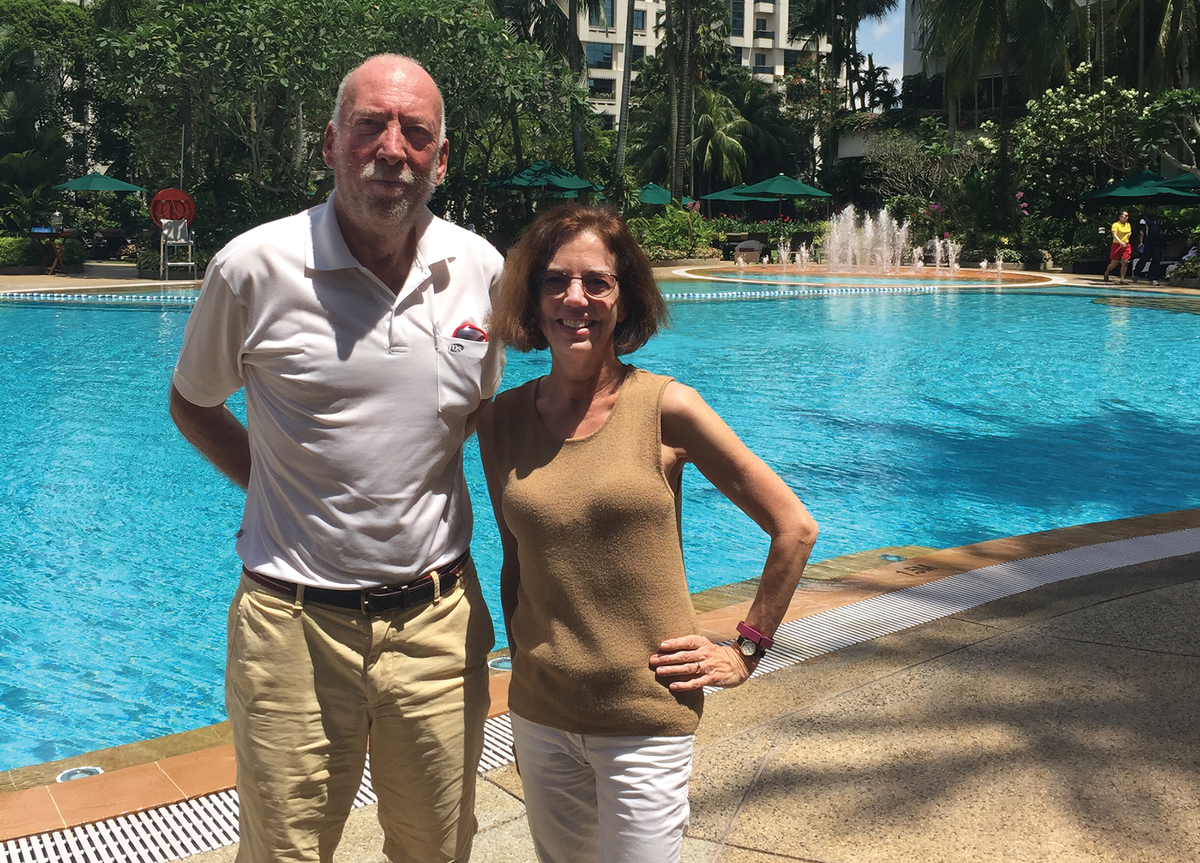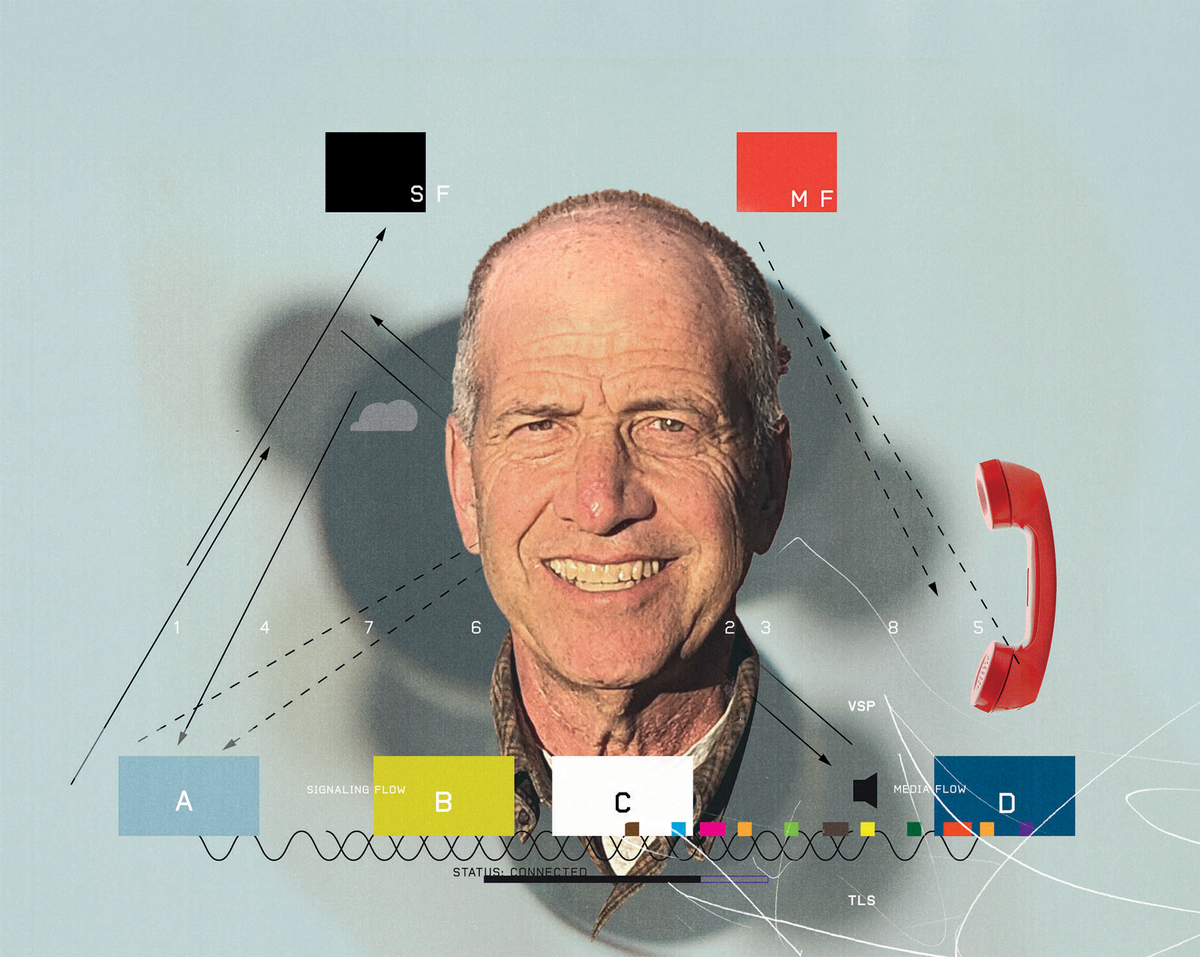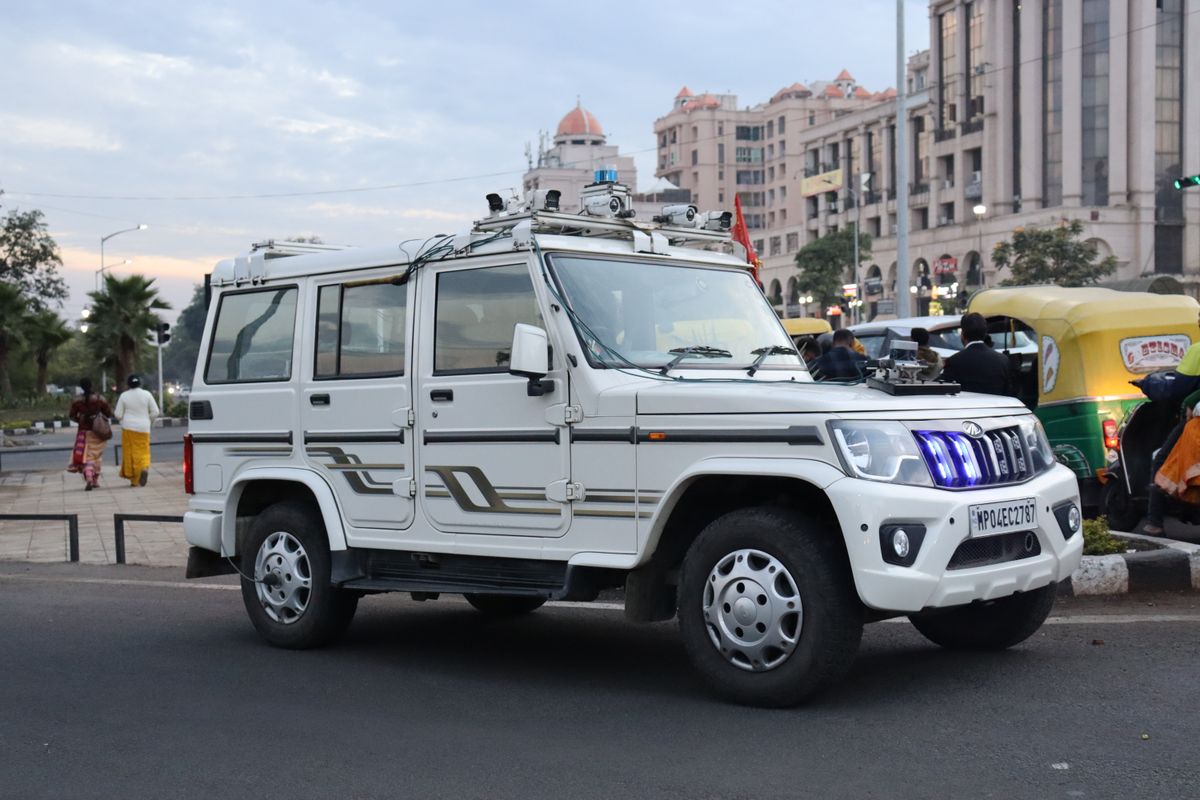Only a handful of engineering luminaries know what it feels like to get “The Call” from IEEE Spectrum senior editor Tekla S. Perry. It’s a rite of passage, a vital part of the process of being selected by IEEE as a Medal of Honor recipient. This year it was Mr. Internet himself, the inimitable and always dapper Vint Cerf, and you can read Perry’s profile of him here.
Perry wrote her first article for Spectrum in 1980. She was first assigned the task of profiling some of the most influential and consequential engineers of the last quarter century in 1995, starting with the MOH recipient Lotfi A. Zadeh, the father of fuzzy logic.
“I remember being relieved that he could explain fuzzy logic in a way I could easily understand, because I didn’t really understand it previously,” Perry recalls.”That made future MOH interviews less stressful going in, because I had faith that the medalists would be able to make me understand their technologies.”
There’s an art to writing a good profile, and it all starts with the interview. Perry prefers to meet in person in order to develop a human connection. That rapport lets her subjects open up, giving readers a glimpse of their personalities, motivations, and attitudes.
Tekla S. Perry
Residence:
Palo Alto, Calif.
Education:
B.A., journalism, Michigan State University
Family:
Eric Nee (husband); Alex, Nadya, and Mischa Nee (children)
First job:
Community datebook writer at WBRW Radio in Somerville, N.J., at age 16
Oddest job:
Boardwalk barker
Favorite composer:
Bruce Springsteen
Leisure activities:
Urban hiking, acrylic painting
“So much of journalism is a quick hit—getting a specific piece of information about a specific topic—it’s a real treat to be able to have the time and opportunity to let the conversation go down a very long and meandering path, with these little lightbulbs that go on along the way when I hear a great anecdote or a revealing comment,” Perry says. “I generally leave feeling I actually connected with the person, that it was more than just a Q&A.”
Perry usually starts her interviews with questions that range from things that happened in the distant past to things that happened last night. The warm-up is aimed at opening drawers in the memory that perhaps haven’t been opened in a while. “Then I start the more chronological part of the interview by asking about their parents and their careers, which makes me feel like I am starting to get to know them beyond their achievements,” she says. “It’s also likely something they haven’t talked about in a long time, so I don’t get a rehearsed response. But that’s why the interview usually takes at least three hours.”
While Perry usually gets MOH recipients to reveal things about themselves and their contributions, she occasionally learns something about herself, too. Nick Holonyak, MOH recipient in 2003 for the development of the red LED, actually changed the way Perry thinks about her ethnic roots.
“My family identified as ‘Russian’ even though the language my grandparents spoke was a very distinct dialect. My grandparents emigrated under the label of “Austrian” in the early 1900s, and the town they came from now is in Poland, near Ukraine and Slovakia,” Perry says.
“Holonyak started asking me about my origins because of my name, and quickly updated my ethnic understanding: He and I are both Carpatho-Rusyn—along with Andy Warhol and Sandra Dee, he told me—and we were likely more closely related to each other than either of us was to anyone else in southern Illinois at the time. He recommended a few books, I followed up on those, and my somewhat confusing family history fell into place.”
And sometimes she gets a memorable meal out of the deal. Last year’s recipient, Asad Madni, told Perry she had to try his wife’s cooking. “She ended up making lunch for us,” Perry recounts. “It was a revelation. I’ve always liked Indian food, but nothing I’ve ever tasted before or since comes anywhere close to that meal.”
If you’re fortunate enough to get The Call next year, gird yourself for a journey of discovery that will take you back to places you haven’t thought about in years, with a companion who will bring the rest of us along for the ride.



